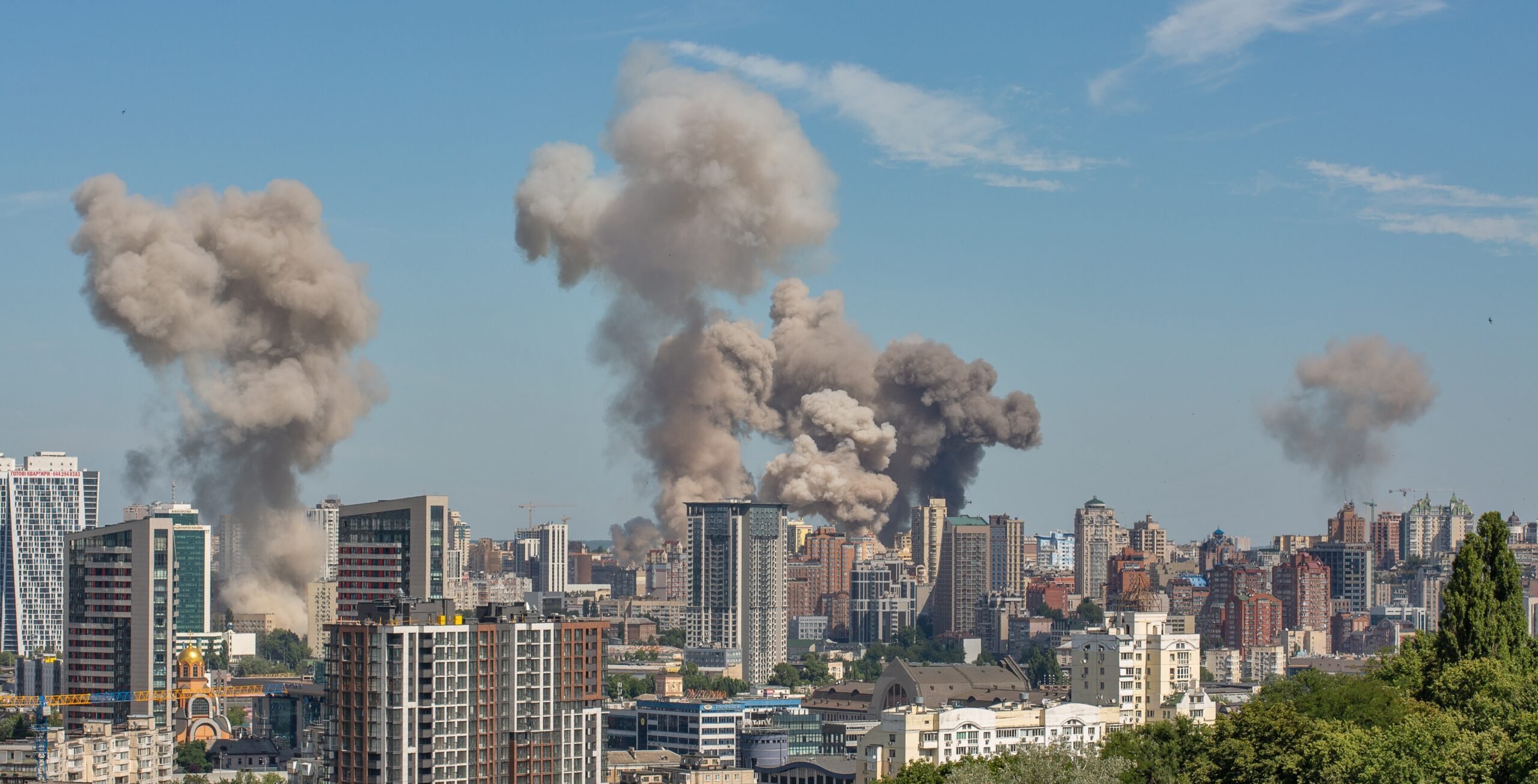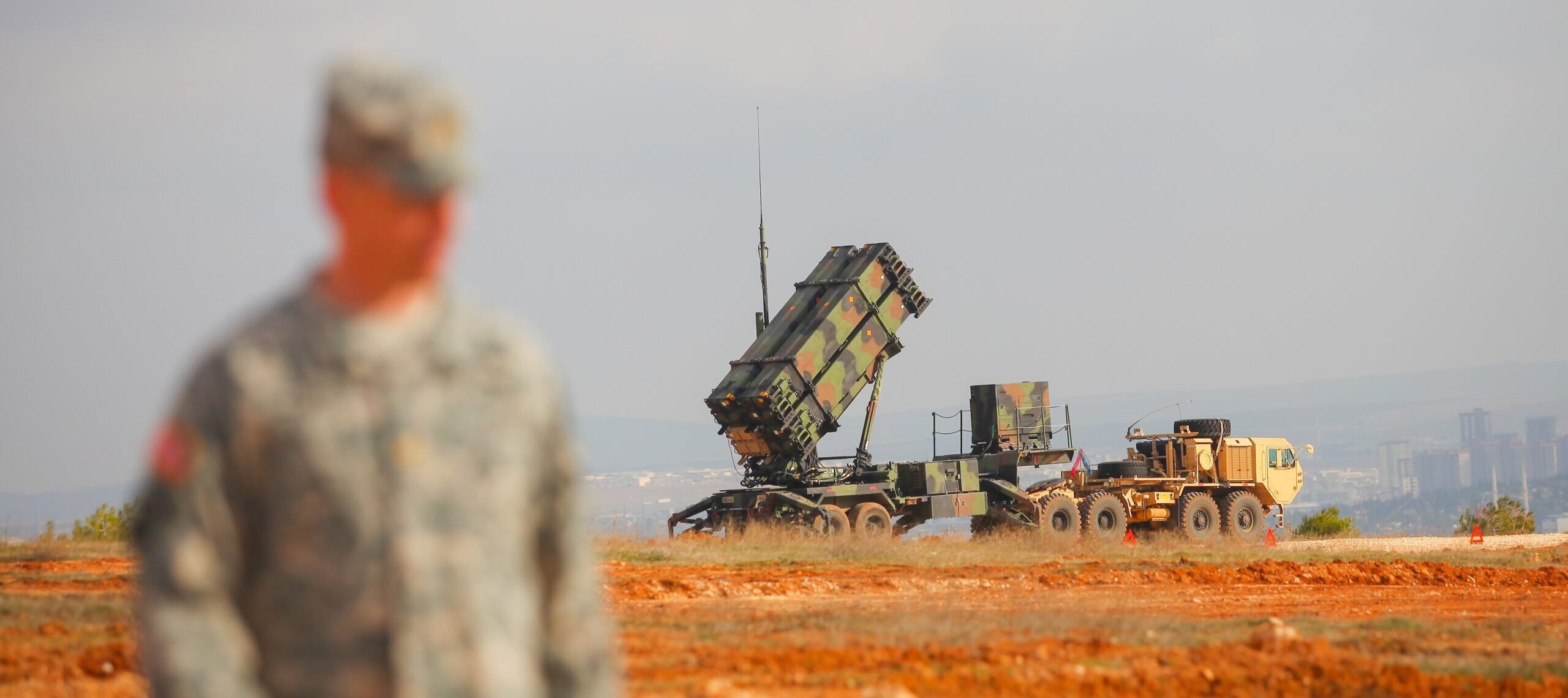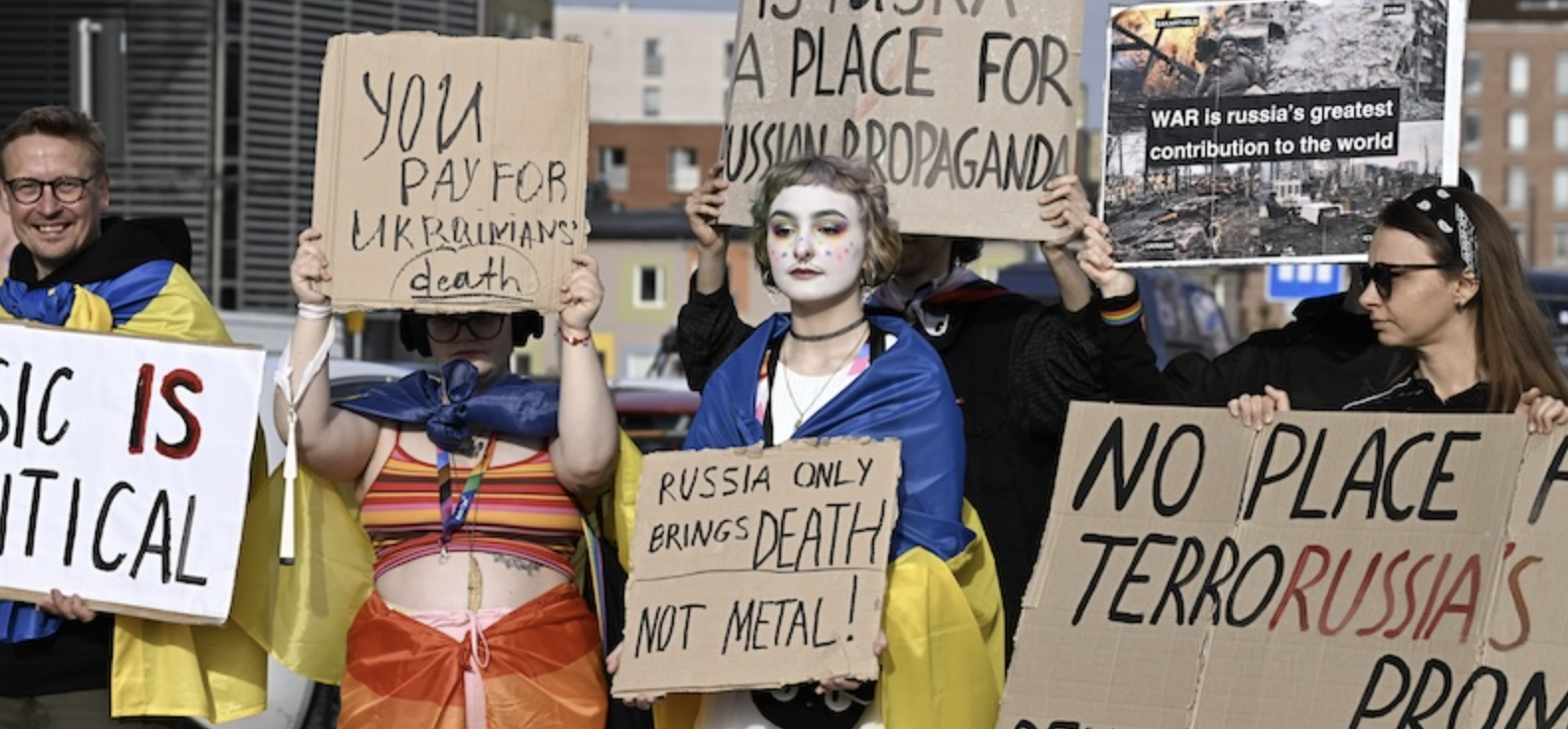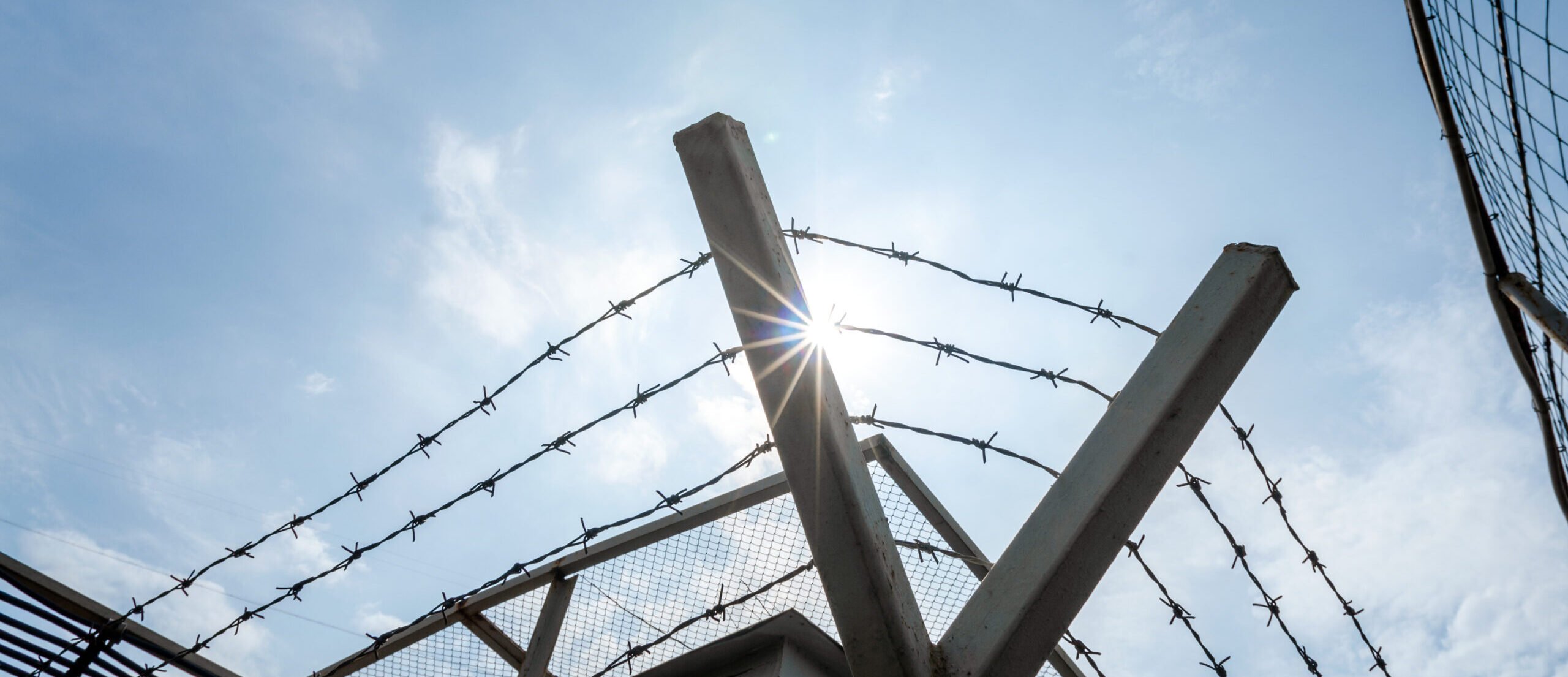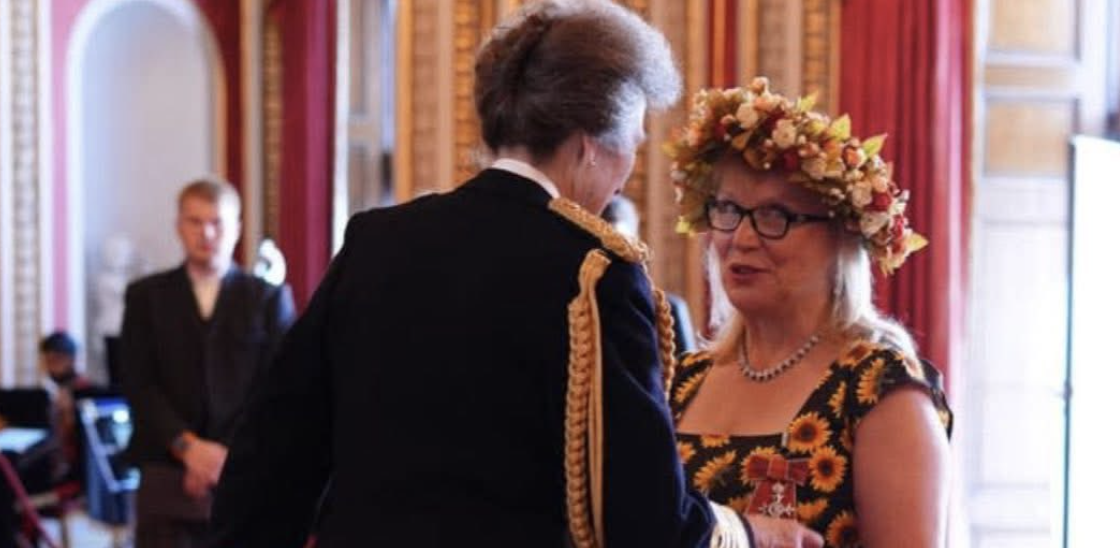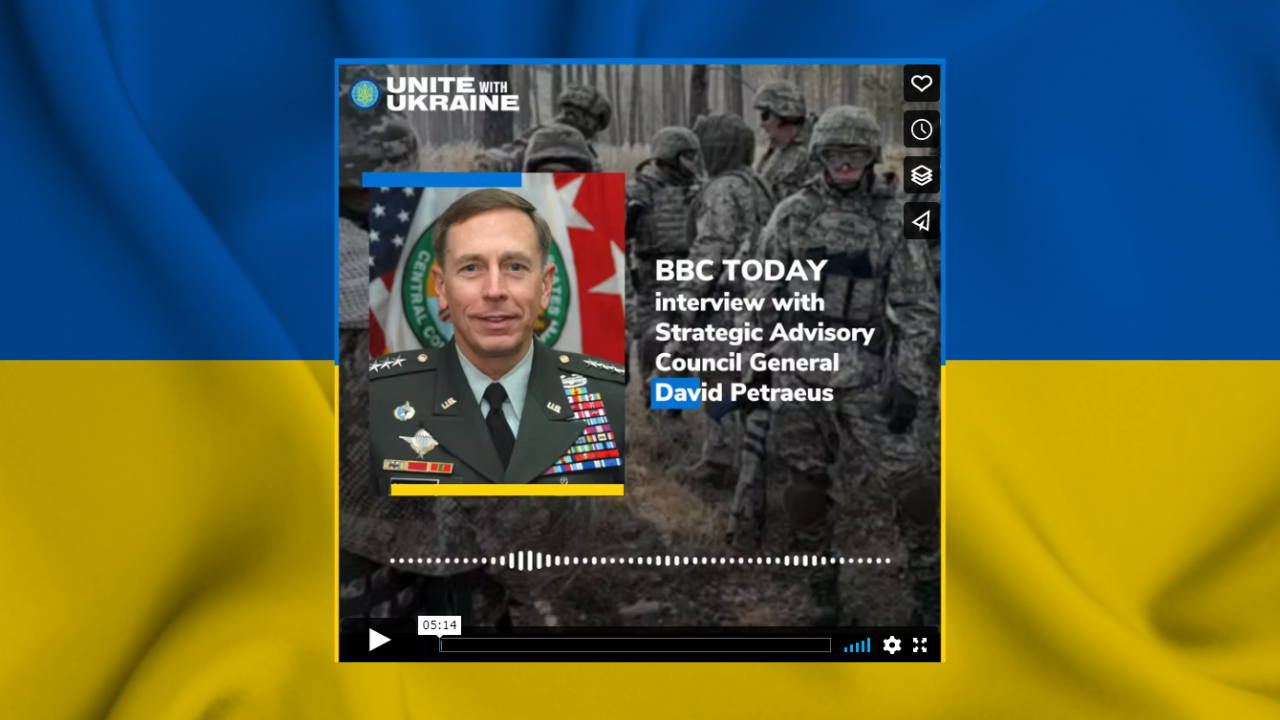
General David H. Petraeus, the former commander of US forces in Afghanistan and former CIA director spoke with BBC 4 about several aspects of russia’s war. General Petraeus is a member of UWC’s Strategic Advisory Council of esteemed former Generals that is advising Unite with Ukraine on procurement. He answered questions on whether some NATO countries like France, Germany and Italy were doing enough to help Ukraine, whether the reaction of the West after the annexation of Crimea was sufficient and how realistic it is for Ukraine to push back russian forces in the east as well as launch a massive counter offensive in the south.
BBC
As Ukraine continues to try to defend itself and push back russian forces in the east and south of the country, a panel of retired military leaders from the US, Canada and the Netherlands has met with a pro Ukraine campaign to discuss the procurement of protective equipment for the Ukrainian military. The panel of four includes the former commander of US forces in Afghanistan, also former CIA director General David Petraeus. He’s been praising UK and US support and military aid. I asked him whether other NATO countries like France, Germany and Italy were doing enough.
Petraeus
All countries have been contributing significantly, but certainly I think the developed nations could and should do more. Part of our advocacy is indeed to draw attention to that.
BBC
Do you ever kind of look back to 2014, the annexation of Crimea, and think that the West should have reacted more decisively at the time via-a-vis russia, but also with military training in Ukraine. It was stepped up but was it sufficient or speedily enough, in your opinion?
Petraeus
Most leaders would look back on that time and assess that we could and should have done more just as frankly there were other actions around the world from which individuals drew impressions, assessments such as the red line in Syria that turned out not to be truly a red line. These issues matter. But let’s keep in mind that national leaders have to keep not only their country together, they have to keep alliances together and even President Zelensky didn’t declare full mobilization until less than 24 hours before what turned out to be the invasion time.
BBC
What of the future? Ukraine says it wants to push back Russian forces in the east as well as launch a massive counter offensive in the south. There’s been talk of a million strong Ukrainian force in the south to reclaim territory. How realistic is that?
Petraeus
This is realistic if indeed they can generate the numbers that they have described. I also think we should recognize that Russia is struggling. If they weren’t, why would they go to Iran, of all countries, to get drones? Why would they be calling on every republic in Russia to generate its own battalion? Which just strikes me as an almost bizarre way of generating forces. Every little entity in russia is going to produce its own homegrown force. What can the standards of training, equipping, organizing and so forth be in a case where everybody is rolling their own? I think it’s really imperative that we do everything we can to support the Ukrainians as this opportunity presents itself and ensure that they don’t just win the war of attrition, but they win the first generation competition so that they can launch a really significant counter offensive to take back as much of the ground that the russians have seized certainly in this latest invasion if not farther.
BBC
If not farther? Are you thinking about Ukraine taking back Crimea?
Petraeus
Well, that’s a very sensitive topic, obviously. Certainly domestic politics in Ukraine really demand that. Whether reality makes that possible, I think is more in question. Whether that is, again, realistic, attainable, something that in a serious manner could be achieved, I think is in question. For the present, I think the key is to take back as much of that territory that they have lost since February and to liberate that, get that back in part of Ukraine. And by the way, we should recognize that this will not just be the forces that are engaged in the frontline fighting. This is the time also to start looking for guerrilla and insurgent activity in the areas that russia controls. In other words, Ukrainian guerrilla activity to help their forces at the front lines as they go after the russians in the rear areas.
BBC
With that kind of offensive, I mean, the way that you paint it, that comes crashing up against vladimir putin’s promise or threat, if you like, that he made recently, basically that we’ve seen nothing yet. This is just the beginning. If pushed into a corner, or as some European countries fear, provoked, if you like, do you think there is a risk of him using nuclear weapons, as he has also threatened?
Petraeus
Clearly there is a risk. And keep in mind, this is someone who has authorized the use of Novichok. But I don’t think it is a risk that should preclude the kind of offenses that I’ve described. Certainly to take back the territory that has been seized since February. He’s got a ton to lose. I don’t see this as remotely putting, backing him into a corner with nothing left to lose.
BBC
General David Petraeus, thank you very much for sharing your analysis on the situation in Ukraine.
